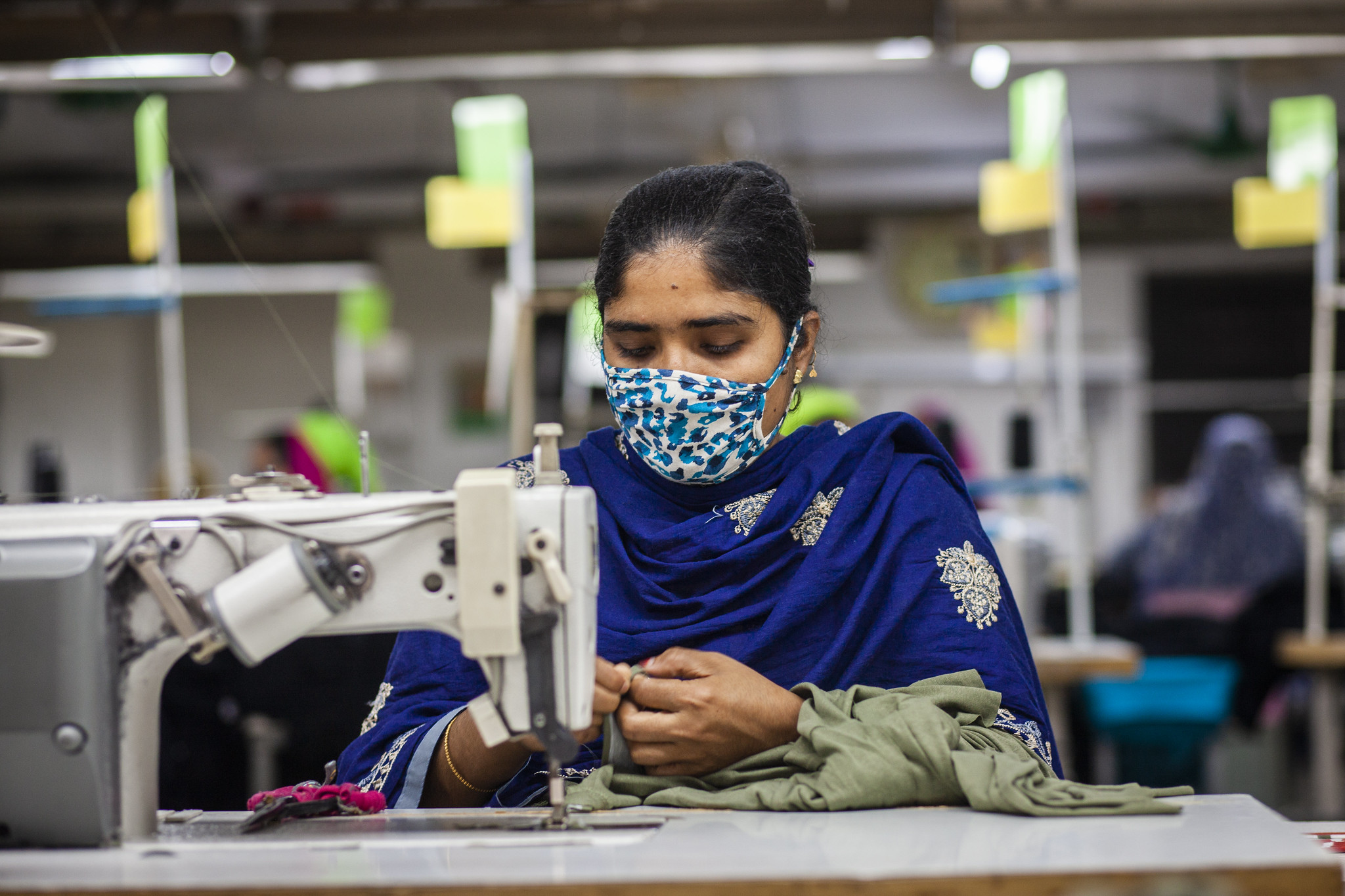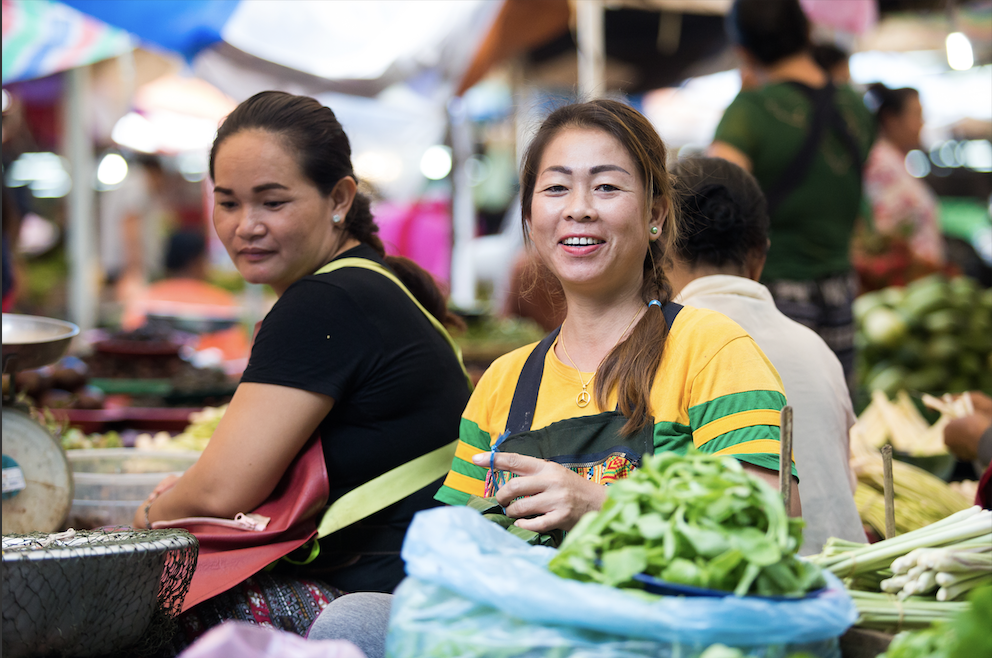
Programme Overviews

The ILO, together with employers and business membership organisations (EMBOs), held a virtual roundtable to discuss introducing the Factory Improvement Toolset (FIT) to support Bangladesh’s garment factories during and after COVID-19.
Due to the COVID-19 pandemic, more than 7 out of 10 garment factories in Bangladesh experienced order cancellations and cuts, threatening workers’ livelihoods and industry survival (ILO 2020). During this crucial time, the ILO and EMBOs held a virtual roundtable on the 17th of November 2020, to discuss how to best support struggling factories towards recovery and building back better using FIT.
The 19 participants, including representatives from the Bangladesh Employers Federation (BEF), Bangladesh Garment Manufacturers and Exporters Association (BGMEA), Bangladesh Knitwear Manufacturers and Exporters Association (BKMEA) as well as ILO colleagues from the Bangkok and Dhaka offices, discussed the changing needs of garment factories in the short and long term. With a second wave of the pandemic emerging in many regions, the garment industry is at a crucial nexus. While immediate assistance such as cash support is considered important at this moment, the roundtable agreed that the ILO’s FIT programme is a timely and relevant addition to ensure long term sustainable industry recovery and for factories and workers to build resilience.
The Factory Improvement Toolset supports garment manufacturers to upgrade their factories in a sustainable and scalable manner. With around 60 available modules, the toolset uses an activity-based, peer-learning approach to improve productivity and working conditions, which ultimately helps factories strengthen their competitiveness.
The FIT programme is well suited for supporting factories in the aftermath of COVID-19 as the pandemic’s hardening environment has led to downward pressures on prices and uncertainty remains regarding future orders. Factories require support in adapting to these new challenges. The toolset provides key components in helping manufacturers survive this crisis and promote long-term resiliency.
The FIT toolset will be piloted in Bangladesh in early 2021. The ILO will be delivering virtual facilitator sessions to EBMOs who are interesting in implementing FIT in factories to improve their capacity-building and overall support during and after COVID-19.
“There is a whole lot of factories right now that are looking at what we are proposing who are thinking that ‘we just want to be able to survive’ and we recognize that. The FIT programme is for factories that eventually are coming out of the immediate crisis who wants to engage in a continuous improvement process to build back better.” - Charles Bodwell, the Enterprise Development Specialist for ILO's Decent Work Technical Support Team for East and South-East Asia and the Pacific
FIT is being piloted under the regional ILO Decent Work in Garment Supply Chains in Asia project funded by the Government of Sweden.
To find out more about the Factory Improvement Toolset, click here.

